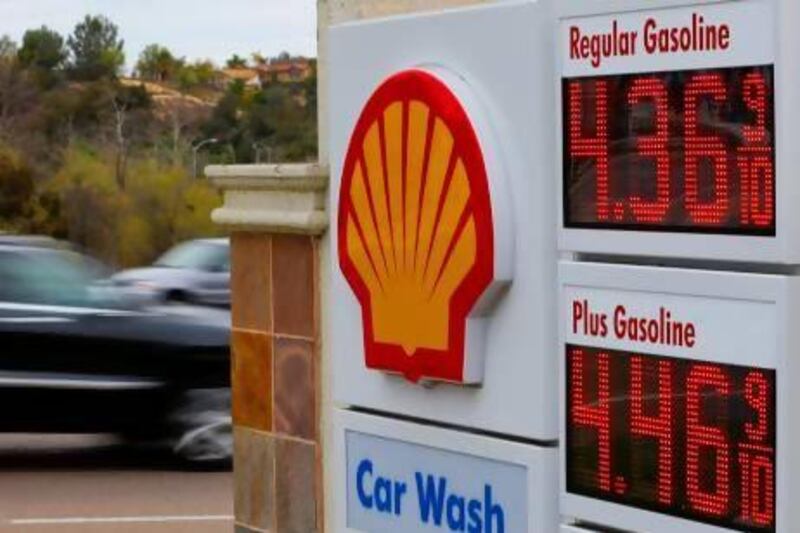The second-quarter results of the oil supermajors make for dismal reading. BP's profit was down 25 per cent, Chevron's 26, ExxonMobil's 57, and Shell's 60 per cent on the same period last year. Lower oil prices did not help, but these figures show that the supermajor model is struggling - with no convincing alternative on the horizon.
The supermajors were created in the time of low oil prices in the late 1990s and early 2000s, with the mergers of Exxon and Mobil, BP with Amoco and Arco, Chevron with Texaco and so on. The premise was that they would cut costs, grow production quickly, take on larger projects and deal more effectively with political risk.
But the supermajor oil companies are struggling to grow. Shell was the latest to abandon giving an explicit target for oil and gas production - already such a misleading aim as to be useless, even dangerous. Its production was down 1 per cent on last year. ExxonMobil produces barely more than it did in 2003, despite buying the American shale producer XTO for US$41 billion in 2010, and planning to invest a further $41bn this year. Total's output grew this quarter, but for the first time in three years.
When they are growing it is in gas, rather than oil. More oil-focused Chevron is the rare exception. Gas reserves are more accessible than oil, but gas prices in the United States are low, and a global glut looms towards the end of this decade. Meanwhile, refining is burdened by overcapacity and drags down earnings - the smallest supermajor, ConocoPhillips, spun off its refining arm entirely last year.
It is fashionable to blame lack of growth on the supermajors' sheer size. But their technical and financial bulk should enable them to compete where others cannot. After all, they still dominate international investment in the Middle East and former Soviet Union.
The failure to grow is instead rooted in the early 2000s. Mass lay-offs then, and a failure to invest in people since, has meant the entire industry is chronically short of skilled staff, leading to rising salaries and poorer project delivery.
Slow moving and locked in the expectation of low oil prices, the supermajors missed the US shale boom and had to buy back in expensively - and into poorer assets, if Shell's writedowns are a guide. Outside the deep-water Gulf of Mexico, their exploration performance has been poor - they are largely absent from giant new finds in east and west Africa, east Mediterranean and the Kurdish region of Iraq.
And the giant oil companies have largely conceded new technology development to the service companies such as Schlumberger. It's still to be seen whether Shell's bold bets on gas-to-liquids, floating LNG and the Arctic will pay off.
The industry has had to realise the limits of its ability to manage political risk. Shell has suffered especially from sabotage in Nigeria; ENI from protests in Libya; BP from its enforced exit from its flagship Russian investment, TNK-BP. It has dawned on both BP and Shell that the US is not immune to political risk - BP complaining over an escalating compensation bill for the 2010 Macondo disaster, Shell being frustrated in plans to drill off Alaska.
The supermajors have not developed a convincing way of managing mature assets. They have neither the attention to detail, nor the low cost-base, for squeezing out the last drops - again, Chevron in California is the exception. This leads to a steady stream of divestments, providing cash at the cost of liquidating the company.
The oil giants need to rediscover their traditional virtues of cost control, project delivery, technological excellence, valuing their people and informed risk-taking. If they cannot, pressure will swell for a more radical reincarnation for the next decade - as gas majors, sleeker and smaller companies, or something entirely new.
Robin Mills is the head of consulting at Manaar Energy, and author of The Myth of the Oil Crisis and Capturing Carbon
Oil supermajors must get back to basics to stay in the game
The second-quarter results of the oil supermajors make for dismal reading.

Editor's picks
More from the national




